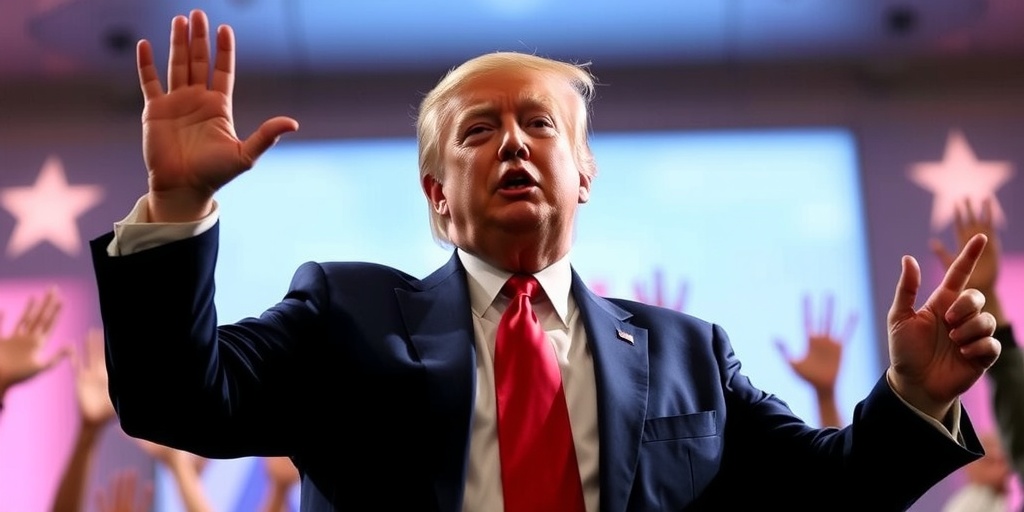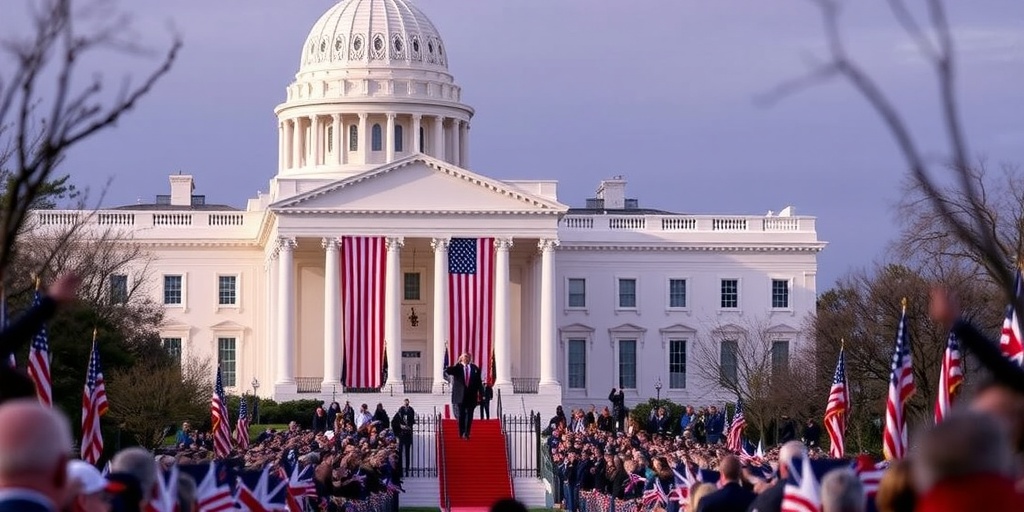Now Reading: Biden Grants Pardons to Five, Including Civil Rights Icon Marcus Garvey
-
01
Biden Grants Pardons to Five, Including Civil Rights Icon Marcus Garvey
Biden Grants Pardons to Five, Including Civil Rights Icon Marcus Garvey
President Biden Grants Historic Pardons, Including Posthumous Clemency to Marcus Garvey
In a significant move celebrated by civil rights advocates, President Joe Biden announced on Sunday the pardoning of five prominent activists and public servants, notably including a posthumous clemency for Marcus Garvey, a pivotal figure in the Black nationalist movement. Garvey, who faced a conviction for mail fraud in 1923, is recognized for his lasting impact on advocating for Black empowerment and cultural pride. This action serves as a historical acknowledgment of Garvey’s contributions to civil rights and his unjust conviction.
The announcement from the White House was well-received and highlights Biden’s commitment to addressing past injustices through the power of clemency. In addition to Garvey, Biden commuted the sentences of two individuals whose crimes were committed in the 1990s. These individuals, who were facing life sentences, had gained substantial support from civil rights activists advocating for their release. The president confirmed that they will be released next month, underscoring his administration’s focus on rehabilitation and redemption as critical elements in the justice system.
Biden, known for having issued more individual pardons and commutations than any previous president, emphasized that those granted clemency had “demonstrated remorse, rehabilitation, and redemption.” He stated that each of the recipients had made significant contributions to their communities, reinforcing the administration’s belief in second chances and the potential for personal transformation.
The posthumous pardon of Marcus Garvey stands out as one of the most high-profile actions in this round of clemency. For decades, civil rights leaders and lawmakers have argued that Garvey’s conviction was unjust, claiming that he was targeted due to his influential role in advocating for civil rights. The White House’s announcement brought to light Garvey’s remarkable legacy, which included founding the Universal Negro Improvement Association (UNIA) to celebrate African history and culture and the establishment of the Black Star Line, the first Black-owned shipping line aimed at facilitating international travel for people of African descent.
In the context of the upcoming celebration of Dr. Martin Luther King Jr.’s birthday, the White House highlighted Garvey’s historical significance. Biden’s administration described Garvey as “the first man of color in the history of the United States to lead and develop a mass movement,” recognizing his efforts in mobilizing the Black community and fostering a sense of pride and identity.
Additionally, among the other individuals who received pardons were Darryl Chambers, a dedicated advocate for gun violence prevention who was previously incarcerated for a nonviolent drug offense and served 17 years in prison following his conviction in 1998. Another recipient, Ravi Ragbir, is a prominent immigration advocate who faced conviction for a nonviolent offense in 2001. The third individual awarded clemency, Don Scott, is notable for serving his sentence for a nonviolent drug offense before being elected to the Virginia legislature in 2019, where he made history by becoming the first Black speaker of the Virginia House of Delegates last year.
These clemency grants not only serve to rectify the records of those involved but also reflect a broader effort by the Biden administration to address systemic issues within the criminal justice system, including the necessity for equitable treatment and reparative justice. The actions signify a commitment to recognizing the injustices faced by marginalized communities and providing opportunities for individuals to rebuild their lives after serving their time.
As the nation prepares to observe the legacy of Dr. Martin Luther King Jr., Biden’s actions remind us of the ongoing struggle for civil rights and the importance of acknowledging past wrongs. The pardoning of figures like Marcus Garvey is a step toward honoring their contributions and encouraging a more just society that recognizes the value of every individual’s story and potential for change.
In conclusion, President Biden’s latest pardons mark an important moment in American history, paving the way for continued dialogue on race, justice, and the need for reform within the criminal justice system. The administration’s commitment to clemency is a reminder of the progress that can be made when history is acknowledged and lessons are learned, framing a future where equity and justice are integral to American society.
Stay Informed With the Latest & Most Important News
Previous Post
Next Post
-
 01New technology breakthrough has everyone talking right now
01New technology breakthrough has everyone talking right now -
 02Unbelievable life hack everyone needs to try today
02Unbelievable life hack everyone needs to try today -
 03Fascinating discovery found buried deep beneath the ocean
03Fascinating discovery found buried deep beneath the ocean -
 04Man invents genius device that solves everyday problems
04Man invents genius device that solves everyday problems -
 05Shocking discovery that changes what we know forever
05Shocking discovery that changes what we know forever -
 06Internet goes wild over celebrity’s unexpected fashion choice
06Internet goes wild over celebrity’s unexpected fashion choice -
 07Rare animal sighting stuns scientists and wildlife lovers
07Rare animal sighting stuns scientists and wildlife lovers





















